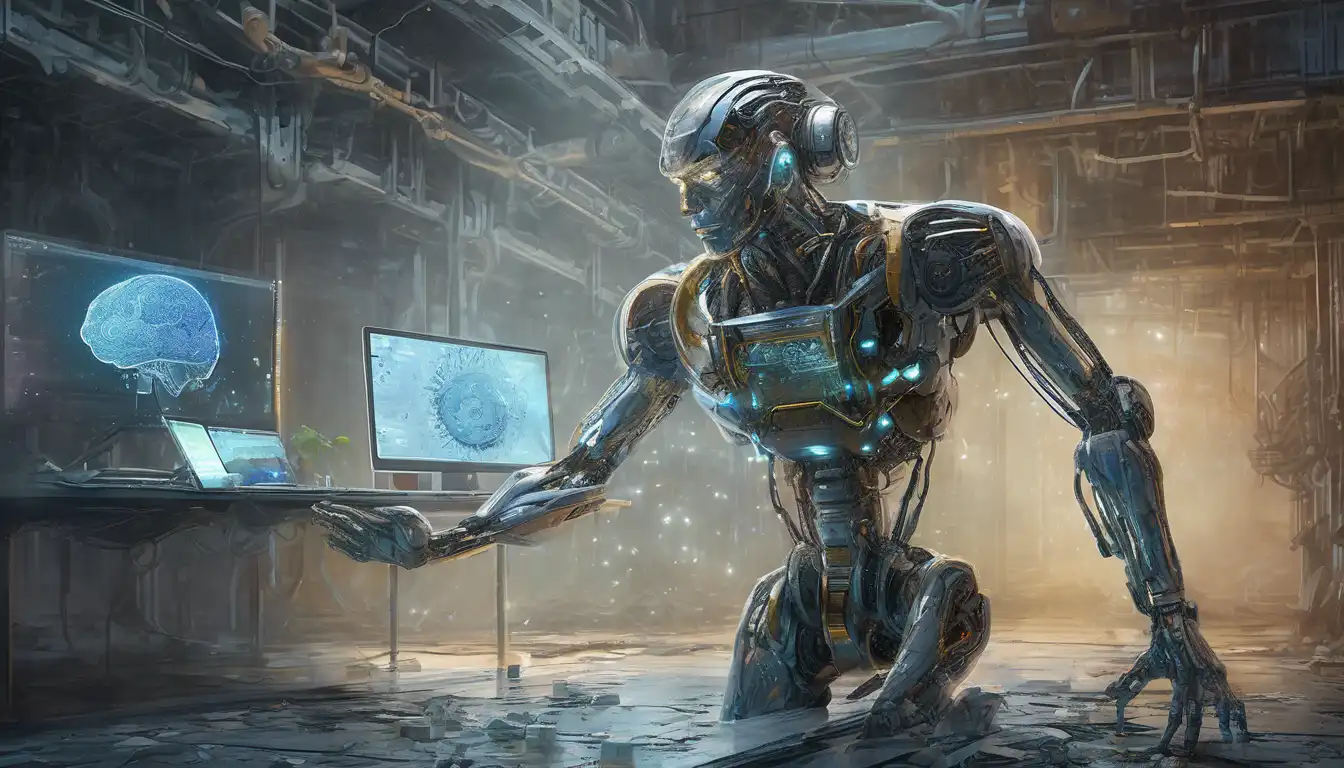Introduction to Artificial Intelligence
Artificial Intelligence (AI) has become a cornerstone of modern technology, influencing everything from how we shop to how we work. Despite its widespread application, numerous myths persist about what AI can and cannot do. This article aims to separate fact from fiction, providing a clear-eyed view of AI's capabilities and limitations.
Myth 1: AI Can Think and Feel Like Humans
One of the most pervasive myths is that AI possesses consciousness or emotions. In reality, AI operates based on algorithms and data. It can simulate aspects of human thought processes but lacks self-awareness or genuine emotional responses. For more insights into how AI works, explore our guide on AI mechanisms.
Myth 2: AI Will Replace All Human Jobs
While AI is transforming the job market, the idea that it will render human workers obsolete is exaggerated. AI excels at tasks involving data analysis and repetitive actions but struggles with creative and emotional intelligence tasks. The future likely holds a collaborative relationship between humans and AI, not a replacement.
Myth 3: AI Is Infallible
AI systems are only as good as the data they're trained on. Biases in data can lead to skewed outcomes, and without human oversight, AI can make significant errors. Understanding the limitations of AI is crucial for its ethical and effective use.
The Reality of AI Today
Today's AI is a powerful tool that can enhance efficiency, solve complex problems, and even save lives through applications in healthcare and environmental protection. However, it's not a magic solution but a technology that requires careful management and ethical consideration.
Looking Ahead: The Future of AI
The potential of AI is vast, but realizing it will require addressing current limitations and ethical concerns. By demystifying AI, we can better harness its benefits while mitigating risks. For further reading on AI's future, check out our future trends in AI article.
Conclusion
Understanding the realities of AI is essential for navigating its impact on society. By debunking common myths, we can appreciate AI's true potential and challenges, paving the way for informed discussions and decisions about its role in our lives.
